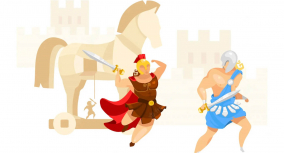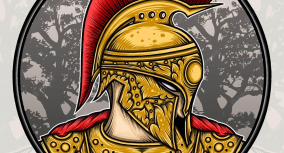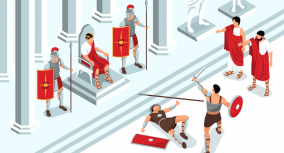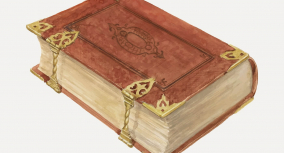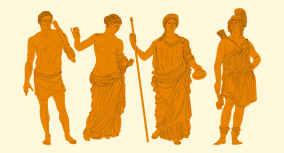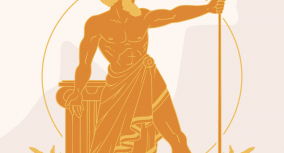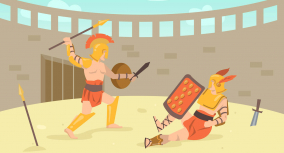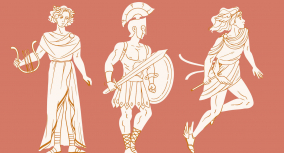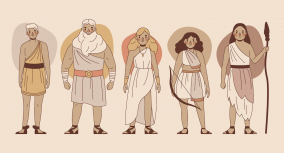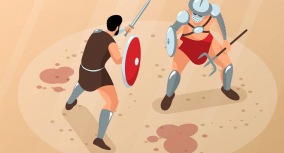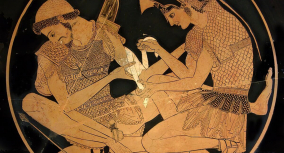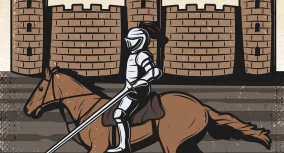In The Iliad, Homer does not mention Paris’ death. But from Greek mythology, we know that he dies of a poisoned arrow. Helen tries to ask Oenone to help (or Paris does so in a different version of the myth). The nymph rejects her request, having been offended by Paris.
Paris is the main culprit of the Trojan War. He stole Helen, who was the wife of the King of Sparta. As we can see from the epic poem, the woman is unsupportive of Paris’ actions. She loves him, but she is also appalled by the horrors of war she has involuntarily caused.
Paris deserves death more than Hector, or even any other character does. He is the only coward in the poem who hides while his fellow citizens risk their lives. For some reason, Homer avoided the direct description of his final hours. The last time Paris is mentioned in the poem is when Priam addresses the following text to all his children: “My vicious sons — my humiliations! If only you’d all been killed at the fast ships instead of my dear Hector.”
Death in battle was glorious for Ancient Greeks. It could be the reason why Homer never gave Priam such a chance. But from the myths of Hyginus, we know that he died later in the Trojan war. Philoctetes, a heroic archer, mortally wounds Paris with a poisoned arrow. Depending on the myth version, Helen (or Paris himself) goes to the Mount of Ida to plead nymph Oenone for healing. She used to be Paris’ first wife, who he had left for Helen. She refuses, and Paris dies later the same day.
Thank you for reading this article! If you are looking for essay title ideas on The Iliad, take a look at our essay topic collection or try using our title-generating tool.
